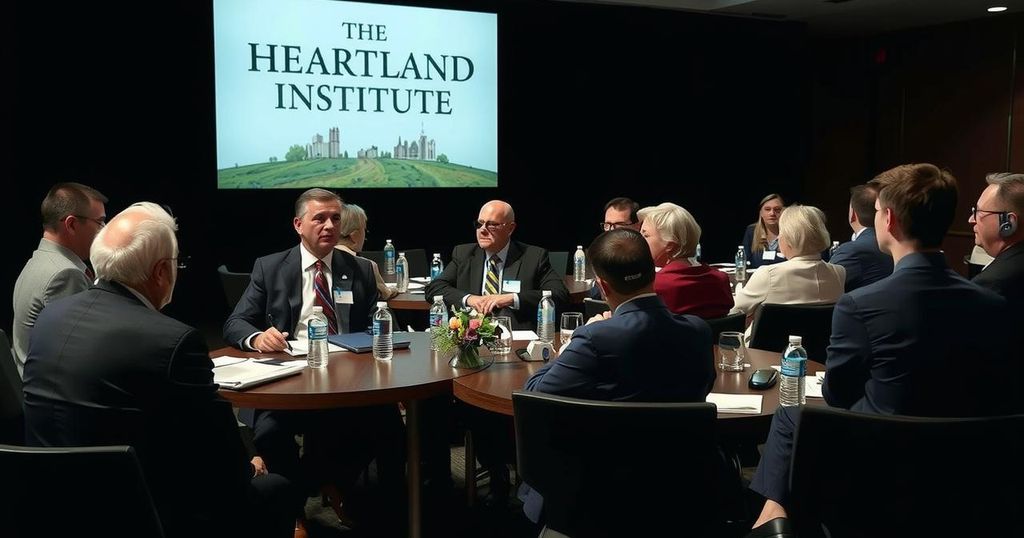Entangled Alliances: The Evolution of U.S. Foreign Policy and Climate Agreements
The article examines the implications of U.S. foreign commitments, notably in climate policy, tracing back to George Washington’s warnings against entangling alliances. It asserts that many international agreements impose significant legal obligations on American citizens without proper Congressional approval, fundamentally altering national policies contrary to the founders’ principles.
The concept of entangled alliances, presented in George Washington’s “Farewell Address,” has significantly influenced American foreign policy. Washington emphasized the importance of minimal political connections with foreign nations, advising the country to avoid permanent alliances and to focus on peace and honest friendship. Despite this wisdom, the United States has increasingly engaged in various international treaties and agreements, often with legal implications for American citizens that bypass Congressional approval. The founding fathers were cautious about foreign alliances, making treaty approvals a challenging process that requires a two-thirds Senate supermajority. However, the lack of a clear definition of what constitutes a treaty has undermined this requirement, leading to many agreements made unilaterally by presidents since John Adams. The landscape of U.S. foreign policy has shifted dramatically post-World War II, with a plethora of unwritten international laws and agreements, many of which were never ratified by the Senate. One notable case is the United Nations Framework Convention on Climate Change, established in 1992, which gained Senate ratification. Although it initially promised voluntary emission reductions, subsequent sessions have produced mandatory targets and financial obligations that lack Congressional endorsement. For example, the Kyoto Protocol in 1997 sought a seven percent reduction in U.S. emissions, but the Senate unanimously opposed any commitment before the agreement could be signed by President Clinton. Later agreements, including those reached in Paris and Glasgow, continued this trend of committing the U.S. to binding requirements without Senate consent. President Obama’s acceptance of the Paris Agreement was framed as an executive action, allowing for its later withdrawal by President Trump and rejoining by President Biden without legislative involvement. The critical question arises whether these amendments to already ratified treaties can redefine voluntary commitments into binding obligations without Senate ratification. While Congress and federal courts recognize treaties and executive agreements, the criteria for the latter remain ambiguous. Notably, agreements requiring significant policy shifts affecting national law and state laws typically necessitate Senate approval. The climate accords in question undeniably demand transformative changes in American society and economy, dictated by foreign entities rather than the democratic process. Thus, they exemplify the very entangling alliances that Washington warned against.
The article discusses the historical perspective of U.S. foreign policy concerning treaties and alliances, particularly reflecting on George Washington’s cautionary principles from his “Farewell Address.” It highlights how, despite the intention of the founders to limit entanglements with foreign nations, the United States has entered numerous international agreements implicating domestic policies. The implications of these treaties and the question of their legality without Congressional approval form the crux of the argument regarding America’s present adherence to international climate mandates that fundamentally alter national conduct and governance.
In summary, the original intent of the United States’ founders regarding foreign alliances has been significantly undermined by the proliferation of international agreements, particularly in the realm of climate action. These arrangements impose requirements on the American people that may not have been agreed to through their elected representatives, effectively altering the nation’s trajectory without the mandated checks and balances of legislative approval. The necessity for clear definitions and adherence to constitutional processes remains a vital aspect of preserving democratic integrity in foreign policy.
Original Source: heartland.org




Post Comment